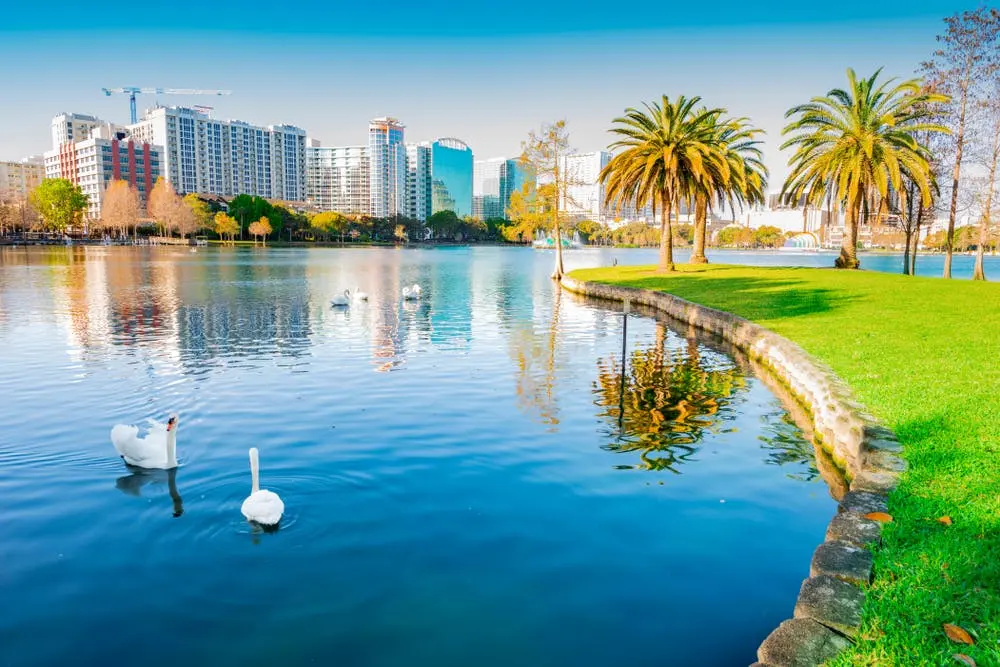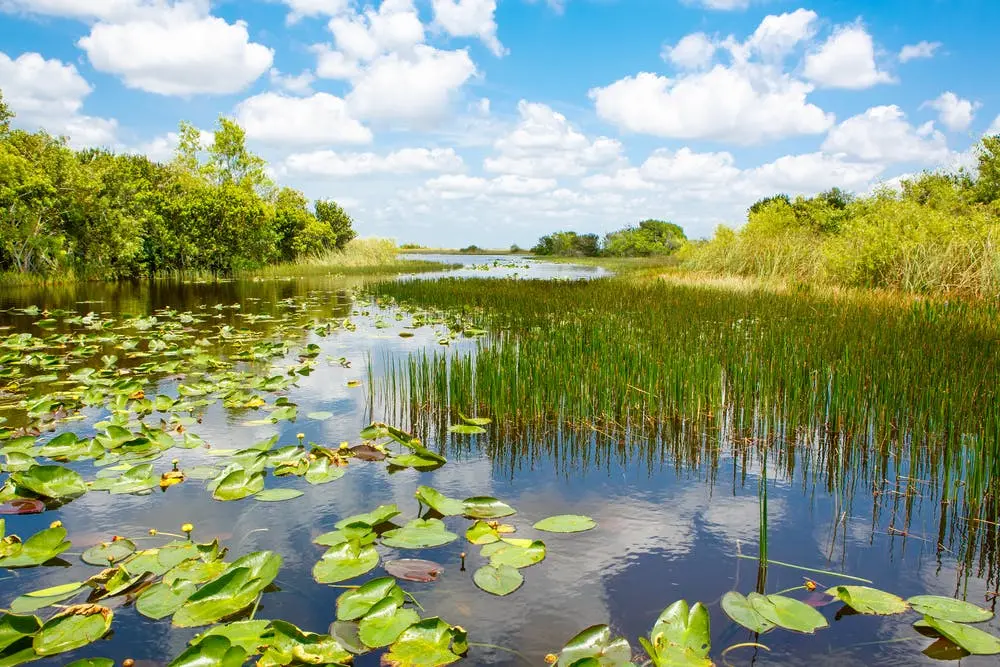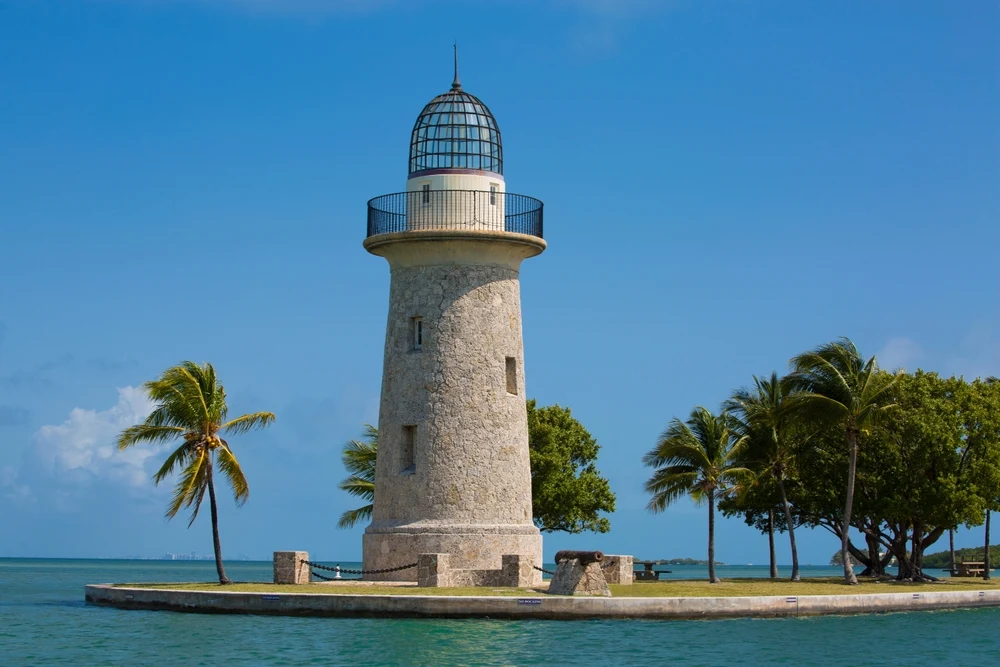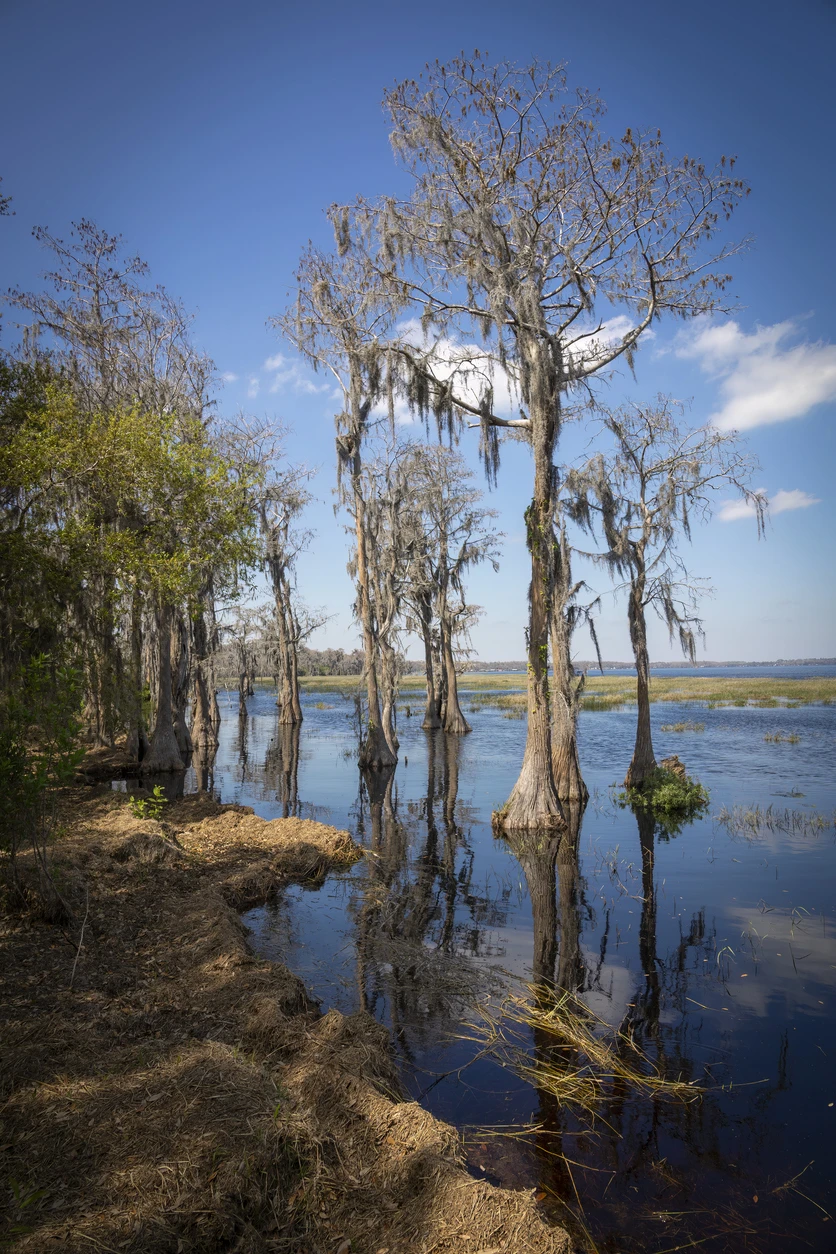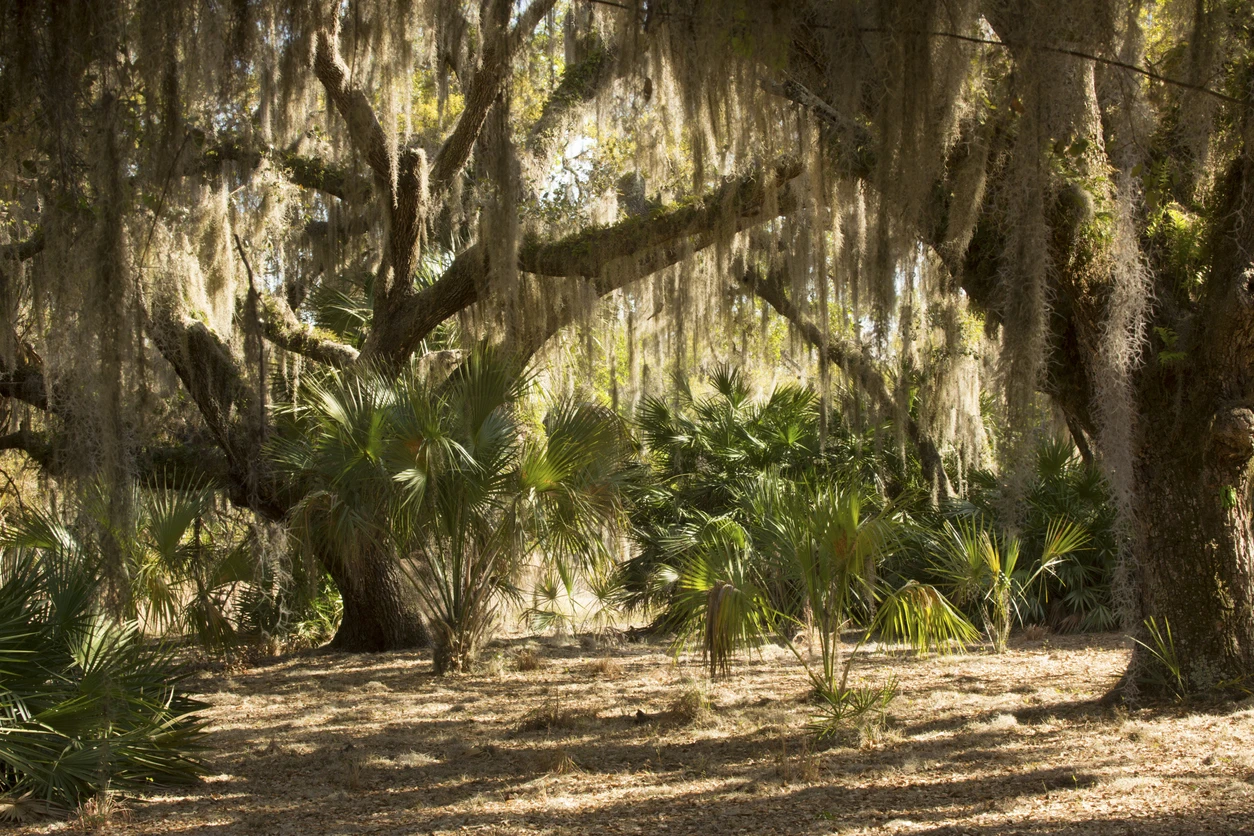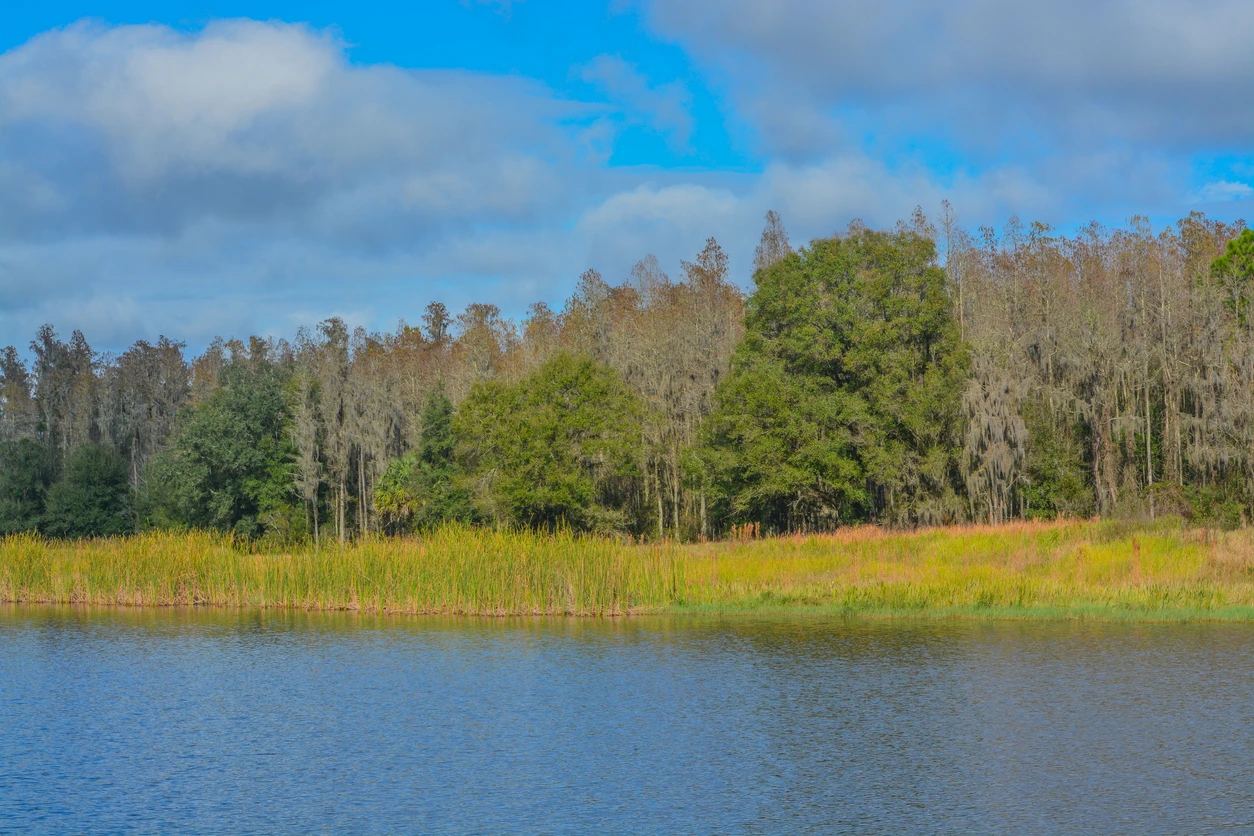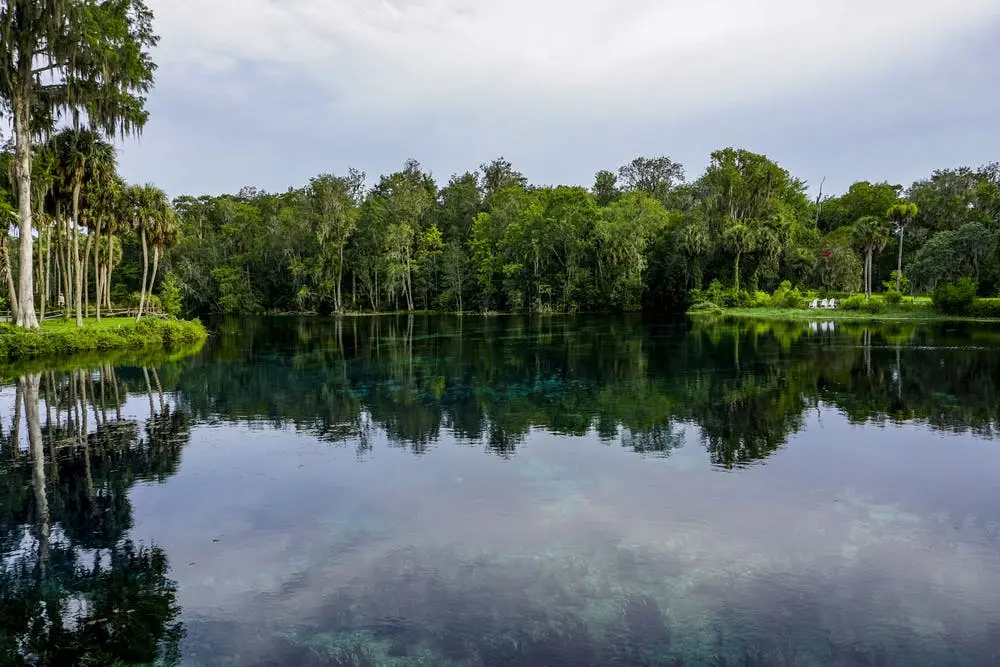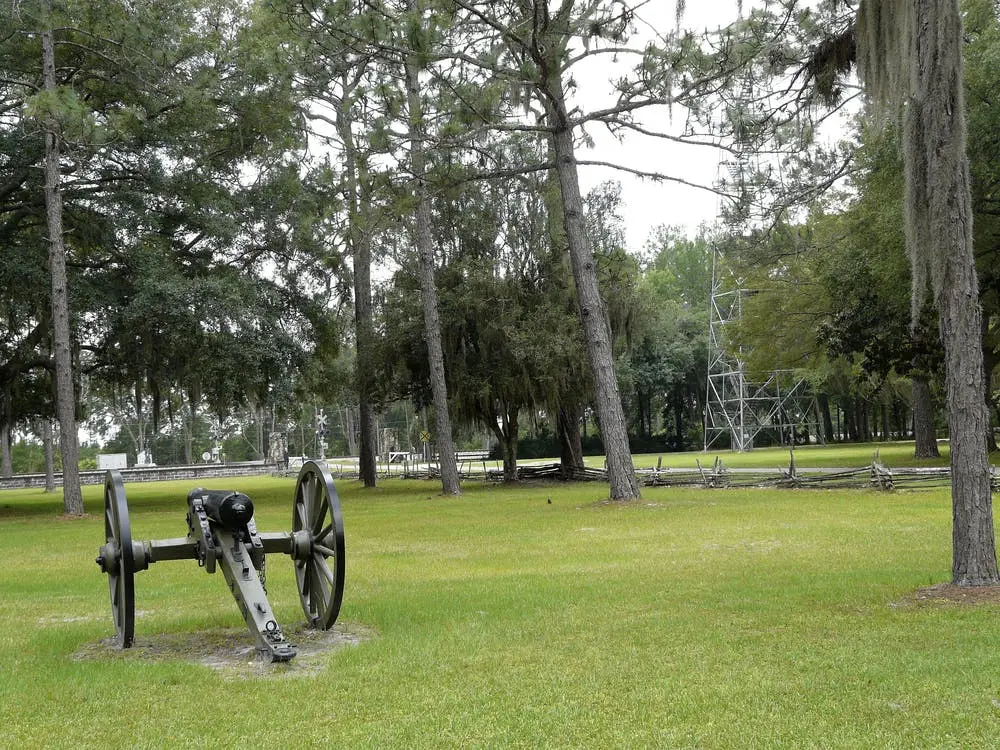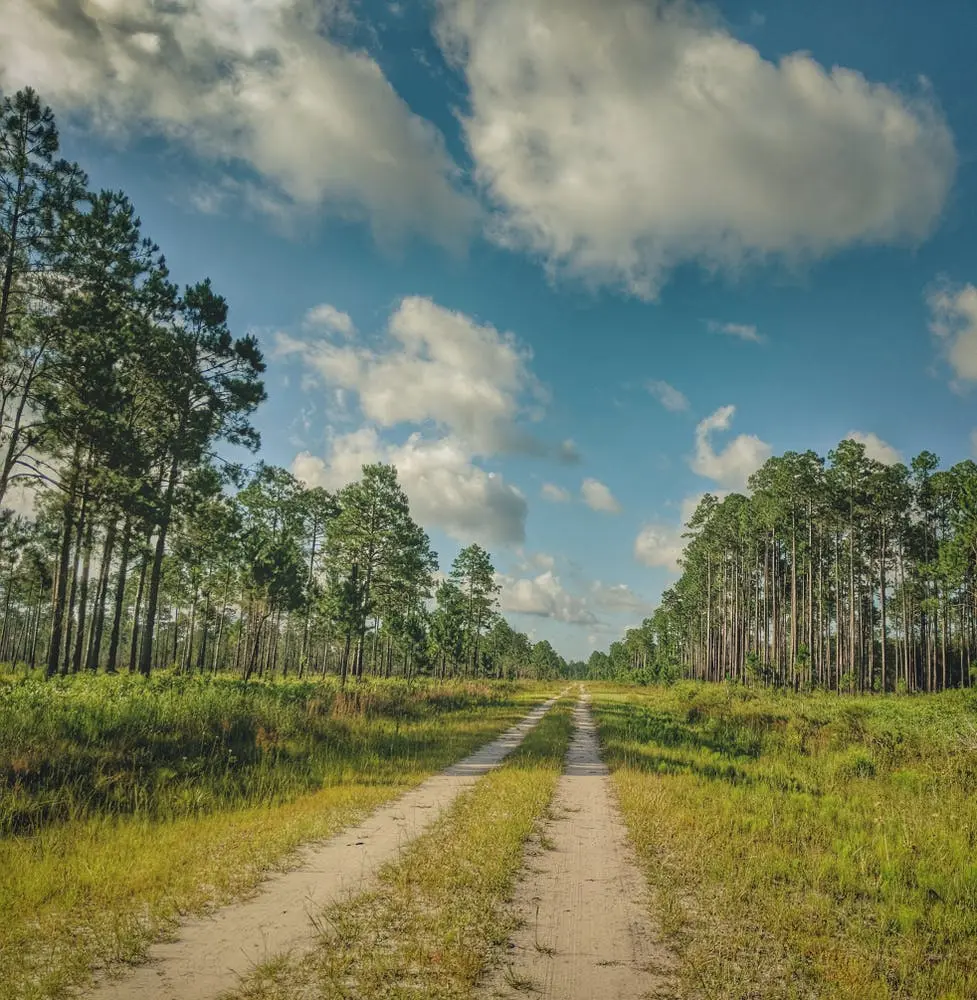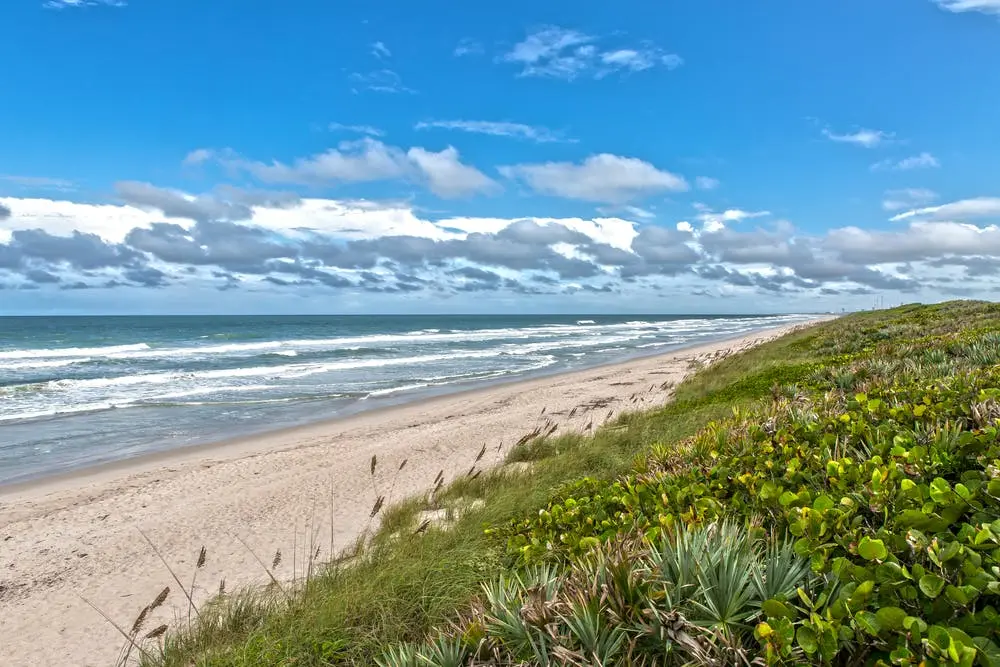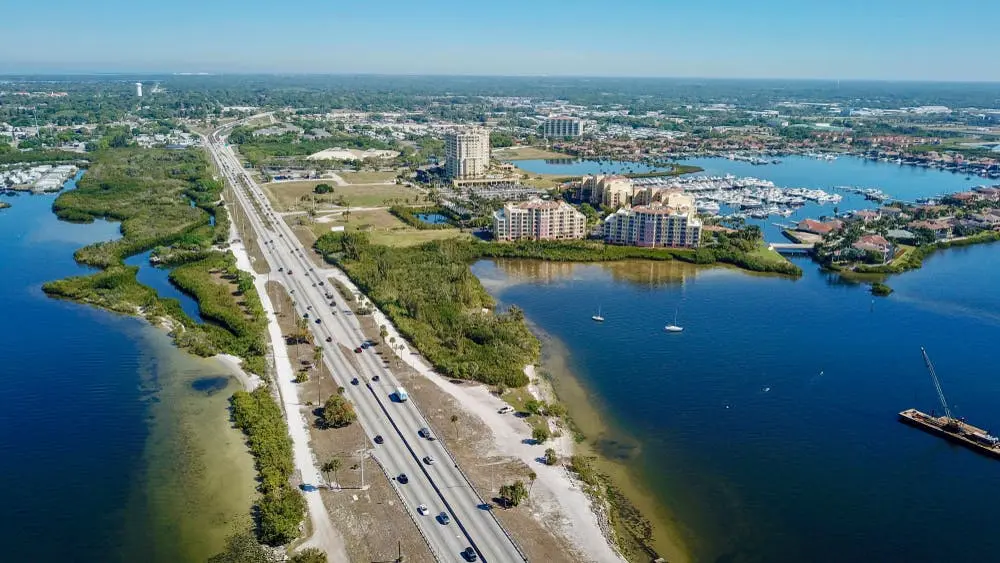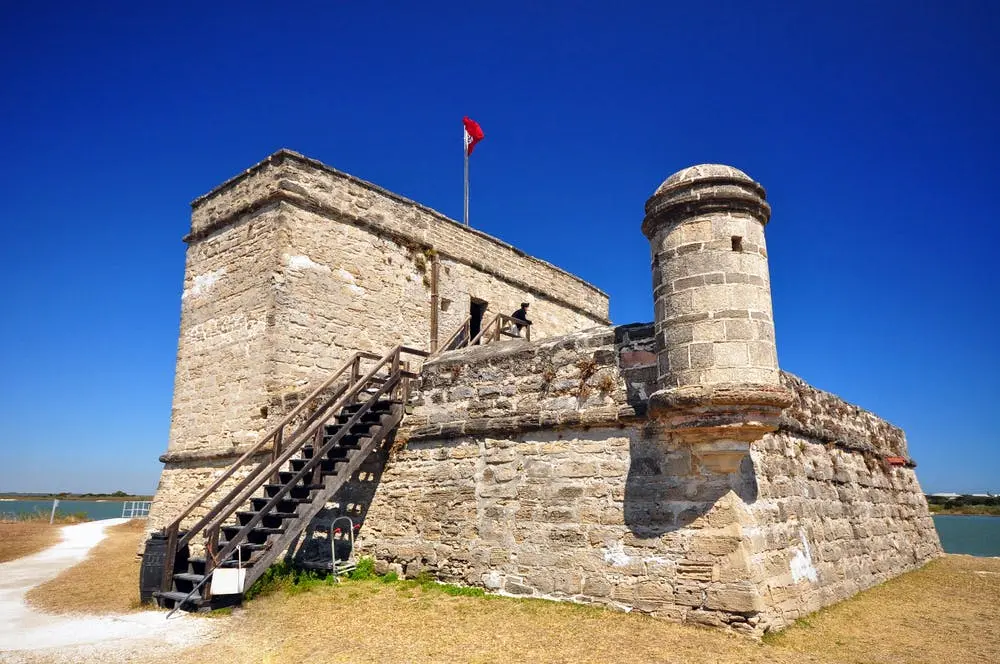Class C RV Rentals in Davenport, FL



Browse motorhome by RV Class in Davenport, FL
Browse towable by RV Class in Davenport, FL
Fifth Wheel
Attaches to a tow vehicle via a gooseneck extension in the truck bedView all Fifth Wheel rentals in Davenport
Travel Trailer
Trailer options exist for every kind of SUV or pickup tow vehicleView all Travel Trailer rentals in Davenport
Popup
Can be towed by ordinary passenger vehiclesView all Popup rentals in Davenport
Toy Hauler
Can be towed by many SUV or pickup tow vehiclesView all Toy Hauler rentals in Davenport
Popular RV Searches in Davenport, FL
Cheap
Under $100 per nightView all Cheap rentals in Davenport
Affordable
$100 - $250 per nightView all Affordable rentals in Davenport
Luxury
Above $250 per nightView all Luxury rentals in Davenport
Delivery
Owners that deliverView all Delivery rentals in Davenport
Pet Friendly
Bring your furry friendView all Pet Friendly rentals in Davenport
Road Trips Starting from Davenport, FL
Best National Parks Near Davenport, FL
Everglades National Park is not what most people expect when they think of Florida. And although there aren't any sandy beaches or oceanfront views, the park is still an unforgettable place to visit. The massive tropical wilderness area, which comprises roughly 1.5 million acres, features mangrove forests, swampy marshes, and pine stands. The unique ecosystems of the park are home to all kinds of interesting flora and fauna, including American crocodiles, Florida panthers, and manatees. Many visitors to the park opt to explore the fascinating area on a guided airboat tour, but you're also welcome to explore on your own. You can partake in activities like hiking, boating, birdwatching, and backcountry camping during your visit.
Located in southeastern Florida, Biscayne National Park is probably closer to what you imagine when you think of Florida's outdoor areas. The park comprises 172,000 acres and is known for its pristine waters and exceptional opportunities for water-based recreation. In fact, many of the most remarkable sections of the national park can only be reached by boat. Biscayne is revered as one of the premier destinations in the country for fishing, boating, scuba diving, and snorkeling. While exploring the warm, clear waters, you may be lucky enough to come across dolphins, scuttling crustaceans, and even shallow-water shipwrecks.
Dry Tortugas National Park is a beautiful and remote national park comprising seven islands and their associated coral reefs. Located 70 miles west of Key West, Florida, you'll have to take a boat or seaplane to reach the park. However, it's absolutely worth the journey. The islands are home to an abundant sea turtle population, and you may get to observe some of them during your visit. You can also check out the majestic lighthouse and explore the impressive 19th-century fortress. Because the park is located on several islands, it also provides wonderful opportunities for water-based fun. Visitors can partake in snorkeling, scuba diving, fishing, boating, paddling, and swimming.
National Forests Near Davenport, FL
RV Rentals Near Davenport, FL
Frequently Asked Questions About Renting a Class C RV Near Davenport, FL
How do I properly navigate and park a Class C motorhome rental in urban areas or tight spaces in Davenport, FL?
When navigating and parking a Class C motorhome rental in urban areas or tight spaces, it's important to take your time and plan your route beforehand. Familiarize yourself with the dimensions of the motorhome and the height and width restrictions of the roads you'll be traveling on. When it comes to parking, look for designated spots or parking garages that can accommodate the size of your RV. Always pay attention to signage and be aware of any towing restrictions in the area.
Do I need to know any weight or height restrictions when driving a Class C motorhome rental in Davenport, FL?
Yes, it's important to be aware of weight and height restrictions when driving a Class C motorhome rental in Davenport, FL. Many bridges and overpasses have low clearance levels that may not accommodate the height of your RV. Additionally, be mindful of the weight of your vehicle and ensure that you're not exceeding any weight limits on the roads you're traveling.
How do I properly level and stabilize a Class C RV rental at my campsite or RV park, and what equipment or tools do I need for this?
Discuss your specific campsite with the RV owner to determine if any leveling equipment is necessary. If so, they will walk you through how to set it up safely.
What kind of maintenance or upkeep do I need to perform on a Class C motorhome rental during my rental period?
During your rental period you are not responsible for maintenance. Treat the RV with care and maintain cleanliness during your trip.
Can I bring my bicycles or other outdoor equipment to use with the Class C motorhome rental, and what storage options are available for these items?
Yes, you can bring your bicycles or other outdoor equipment to use with the Class C motorhome rental. Many RVs have storage compartments or racks that can be used to store bikes, kayaks, or other outdoor gear. Check with the RV owner to see what storage options are available and how much weight they can accommodate.
What fuel efficiency considerations do I need to consider when driving a Class C motorhome rental, and how can I minimize the impact on my fuel costs?
Class C motorhome rentals are generally less fuel-efficient than smaller vehicles, so it's important to be mindful of your fuel usage. To minimize fuel costs, try to stick to slower speeds and avoid idling or rapid acceleration. Planning out your route ahead of time can also help you save fuel by avoiding unnecessary detours or backtracking.
Can I bring my entertainment equipment or appliances for the Class C motorhome rental, such as a portable grill or music player?
Yes, you can bring your own entertainment equipment or appliances to use with the Class C motorhome rental. However, be sure to check with the RV owner beforehand to ensure that the RV is equipped with the necessary outlets or connections to use your equipment. Additionally, be aware of any safety hazards, such as using portable grills near the RV, and take appropriate precautions.
Are any particular features or amenities available in Class C motorhome rentals that may not be found in other RVs in Davenport, FL?
The features and amenities available in Class C motorhome rentals can vary depending on the make and model of the RV. Some common features that may be available in Class C motorhome rentals include kitchenettes, bathrooms with showers, and additional sleeping areas. Check with the RV owner to see what features and amenities are included in their particular rental.
How do I correctly set up and use the kitchen and bathroom facilities in a Class C motorhome rental, and do I need to know any specific maintenance or cleaning considerations?
The RV owner will familiarize you with how to use the facilities. Take note of where the water and electrical hookups are located, and make sure to follow any instructions or guidelines provided by the RV owner. When it comes to cleaning and maintenance, be sure to follow proper procedures for disposing of waste and using cleaning products that won't damage the RV's plumbing or fixtures.
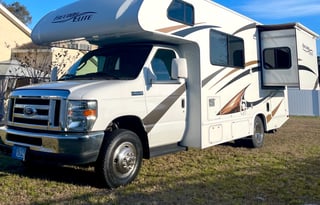






































![2022 Thor Motor Coach Four Winds 30D [DREAM WAYS]](https://imagedelivery.net/eZKniD8IPo85-tfyHjsV4g/95f52282a6b189e7d74ea053a89a878f.jpeg/width=320,height=205,fit=cover,gravity=0.5x0.5,anim=false)






